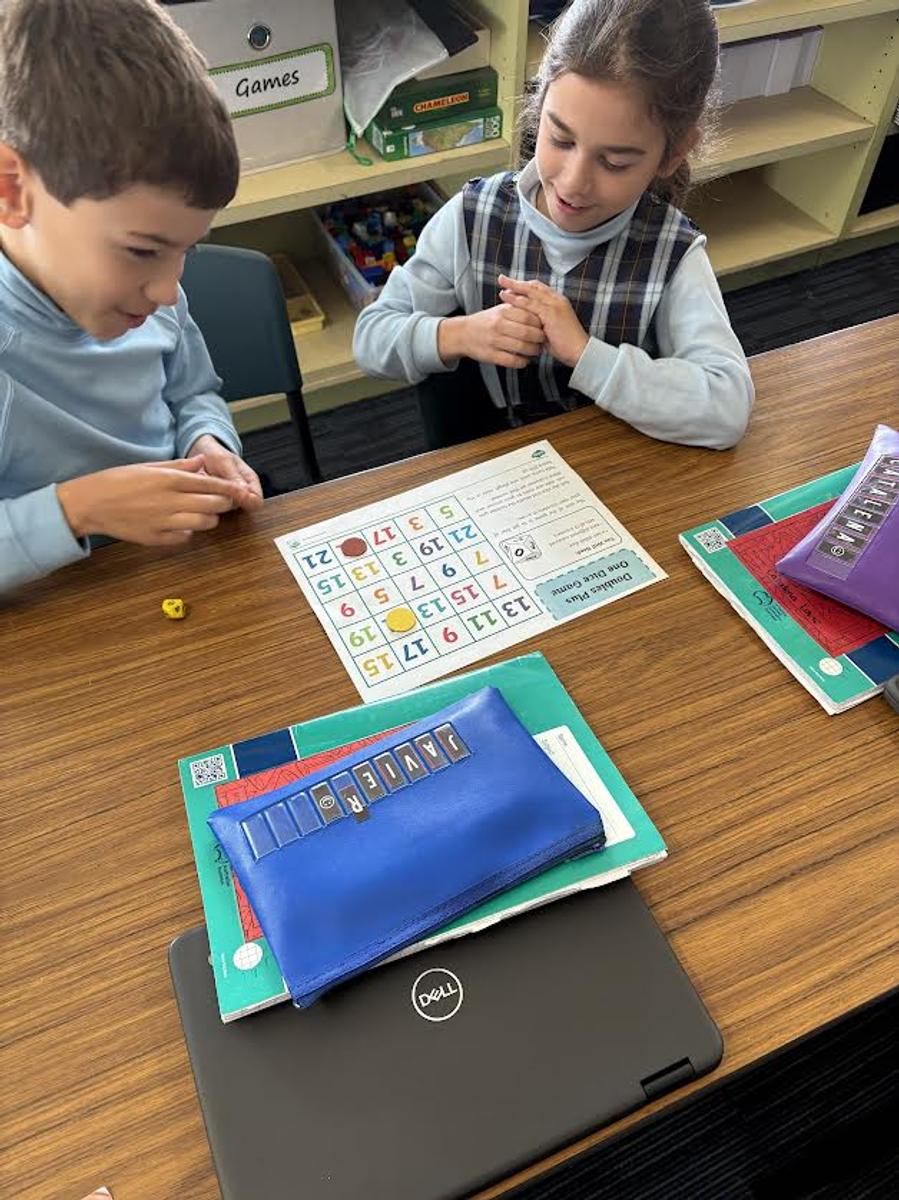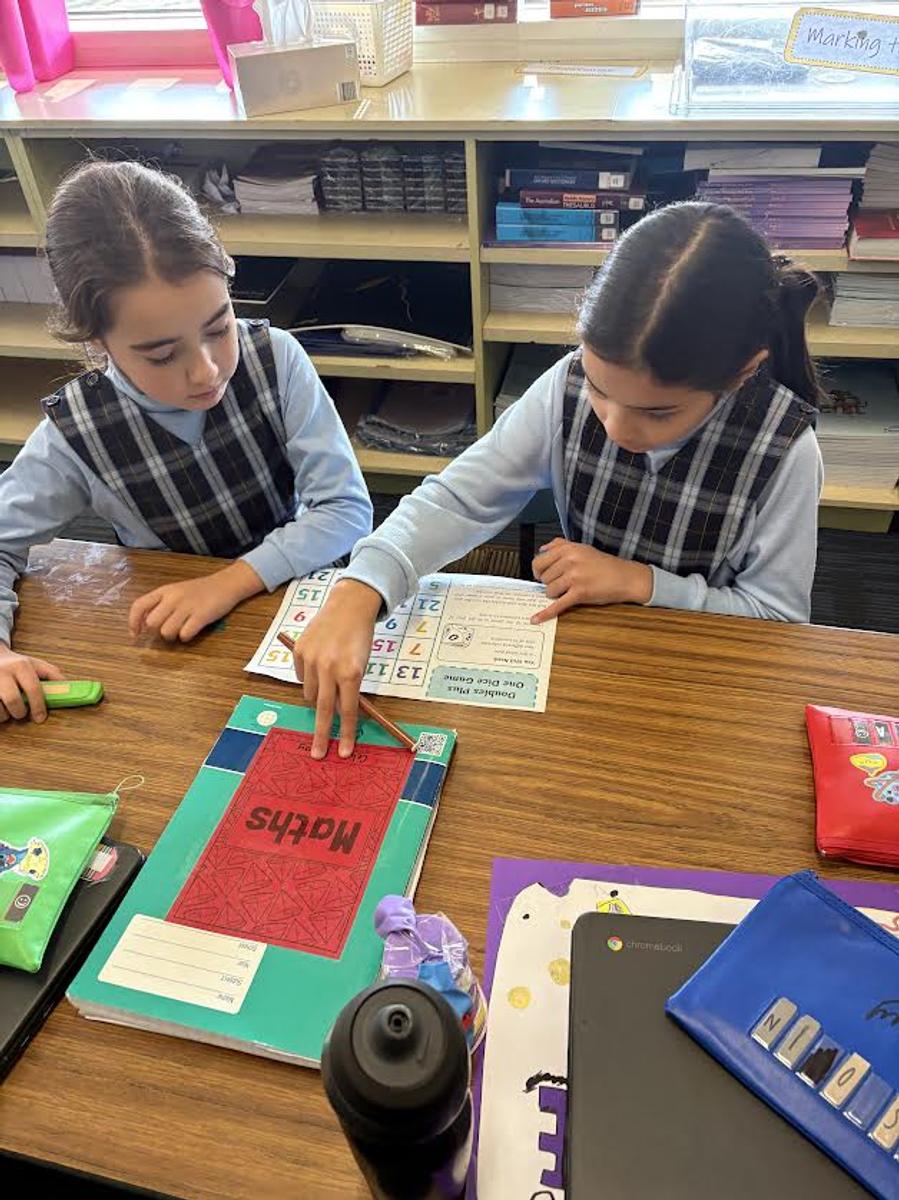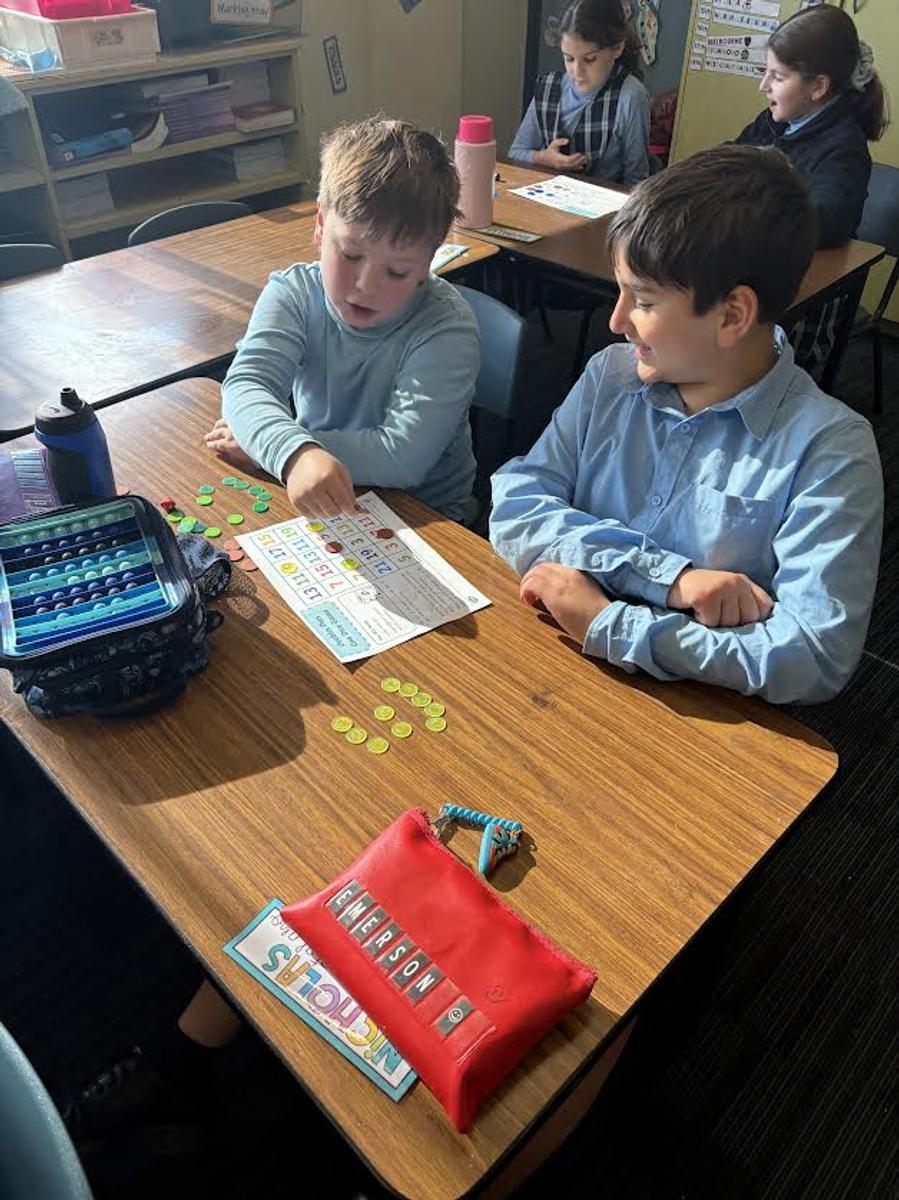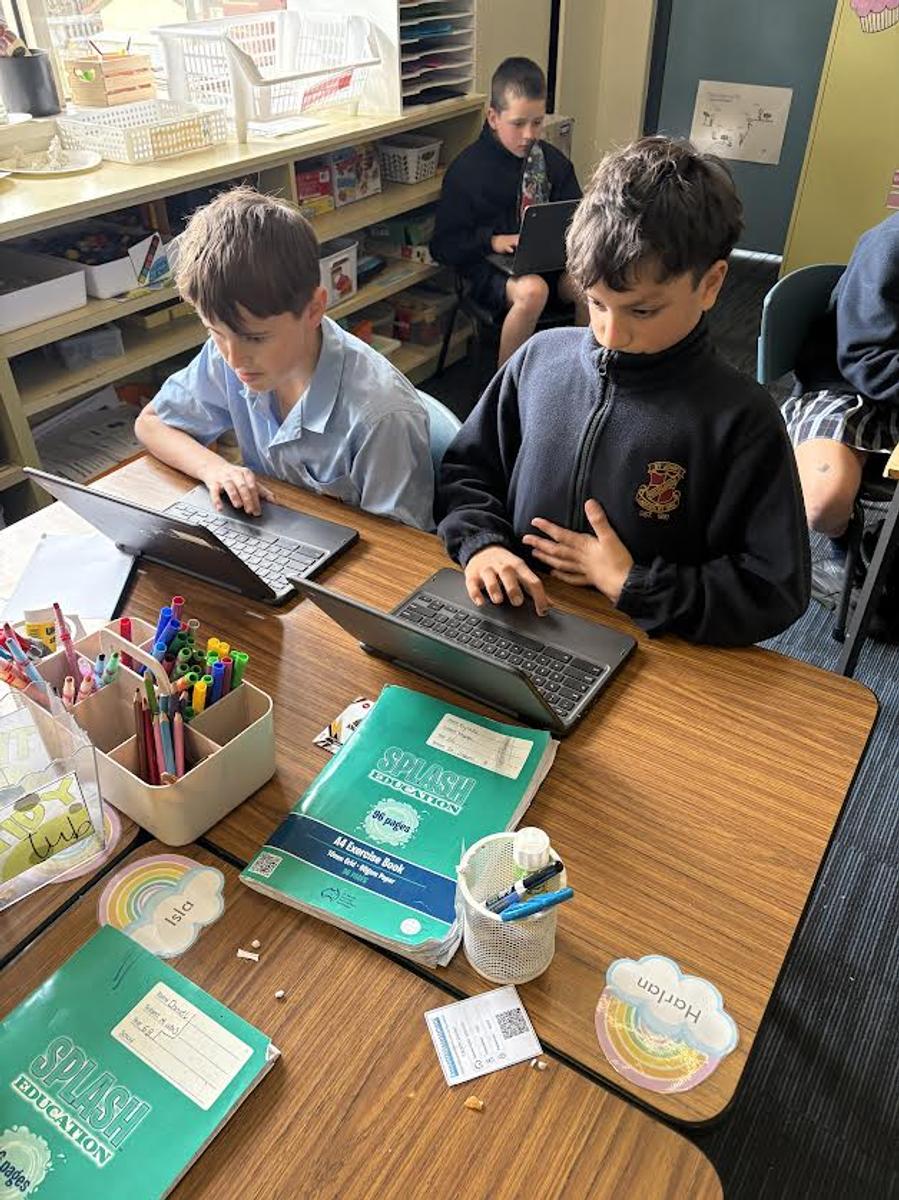Maths News
Paul Tarabay, Mathematics Leader

Maths News
Paul Tarabay, Mathematics Leader
✅The Power of Estimating and Rounding✅
Dear Families,
At St John’s, we are always looking for practical ways to help children build strong number sense and confidence in mathematics. One simple but powerful skill that makes a big difference in everyday learning is estimating and rounding.


Estimation and rounding allow students to quickly judge whether an answer “makes sense,” making problem-solving less stressful and more efficient. These skills also help children check the reasonableness of their work, an important habit in both the classroom and real life.
Why It Matters
✅Builds confidence: Students don’t always need the exact answer straight away; a good estimate gives them a starting point.
✅Supports problem-solving: Estimation helps children choose useful strategies before calculating.
✅Real-life relevance: From shopping to cooking, estimation and rounding are part of daily decision-making.
Strategies to Try at Home
Here are some fun and practical ways you can support your child:
✅Shopping Challenge: While shopping, ask your child to round the prices of items to the nearest dollar and estimate the total before you get to the checkout. Compare their estimate to the actual amount.
✅Cooking Fun: If a recipe calls for 198g of sugar, ask, “Is that closer to 200g or 150g?” Encourage them to explain their thinking.


✅Travel Time Estimates: On car trips, ask, “If it takes about 18 minutes to get there, what’s that close to in minutes?” (20 minutes). Discuss why this is useful for planning.
✅Daily Number Rounding: Choose any number (house number, sports score, or phone number digits) and ask your child to round it to the nearest 10, 100, or 1,000.
✅Quick Guess & Check: When adding or multiplying numbers, have your child estimate first, then solve exactly, and compare both answers.
Encouragement


When children practise estimating and rounding, they learn that maths is not just about being exact, but also about thinking smart, being efficient, and applying maths in everyday life. Small moments at home can make a big difference in their confidence and problem-solving skills.


Together, let’s help our students become not only accurate mathematicians but also flexible thinkers!